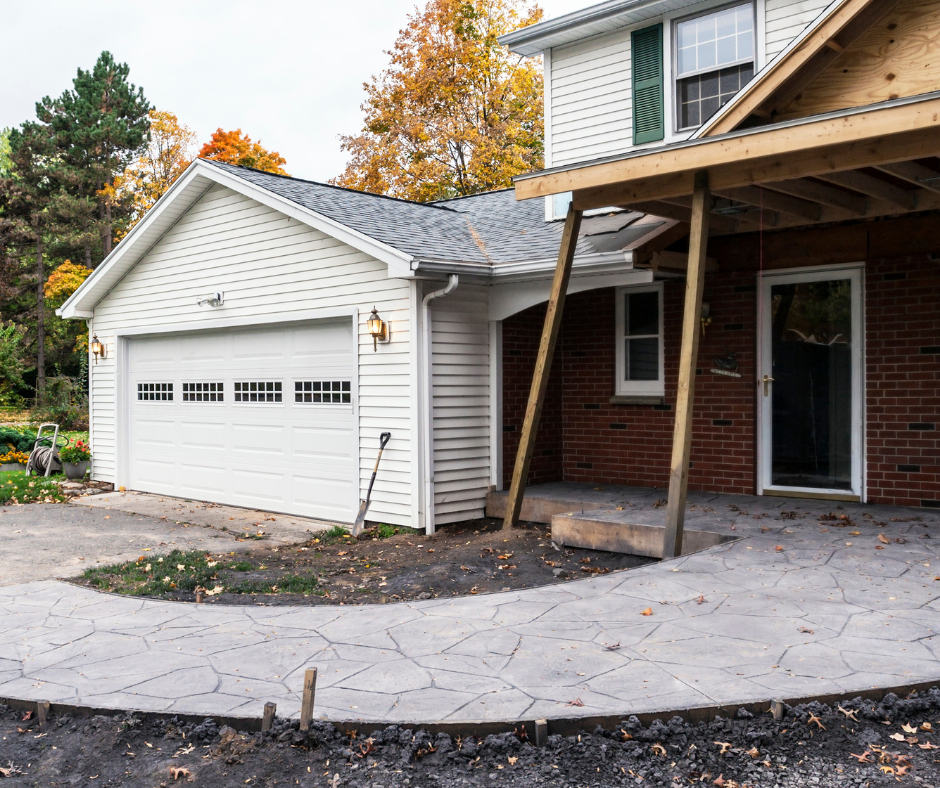Tax Implications and Legal Pitfalls: What to Know Before Flipping Out of State
Flipping outside your home market can open the door to bigger opportunities, but it also adds layers of complexity. Taxes, permits, contractor licensing, and legal compliance differ across state lines. If you are not careful, those differences can cut into your profits.
Tax implications for Out-of-State Flips
1. State Income Taxes
If you sell a property in another state, you will likely owe state income tax where the property is located, in addition to your home state taxes. Some states have reciprocal agreements, others don’t, which means you could be filing in multiple places.
2. Capital Gains and Withholding Rules
Certain states (like California and New York) may require withholding taxes at closing for non-resident sellers. This can reduce your cash flow until you file a return.
3. Property Taxes
Tax rates and reassessment policies vary dramatically. High property taxes increase carrying costs, so investors should factor this into hold time and ROI calculations.
Permitting and Building Codes
1. Different Standards Across States
A renovation that passes inspection in one market may fail in another. Local codes can affect everything from electrical wiring to window sizes.
2. Approval Timelines
Some municipalities issue permits in a week
3. Re-Inspection Requirements
In stricter jurisdictions, separate approvals may be required for plumbing, electrical, or structural work. Each step adds cost and time.
Contractor Licensing and Labor Laws
1. Different Standards Across States
A renovation that passes inspection in one market may fail in another. Local codes can affect everything from electrical wiring to window sizes.
2. Liability and Insurance
Working with unlicensed or uninsured contractors exposes you to liability. Always confirm documentation before work begins.
3. Employment Rules
Labor laws differ on overtime, and classification of workers. Missteps can lead to fines or legal disputes.
The Bottom Line for Fix and Flip Investors
Out-of-state flipping can be profitable, but you can’t assume your home market’s rules apply everywhere. Understanding the tax implications, permitting requirements, contractor licensing, and closing practices is key to protecting your profits.
Ready to begin your next deal? Call Barnett REI Finance at 224-205-7266 to learn about our fast, flexible loans to keep your project on track!

